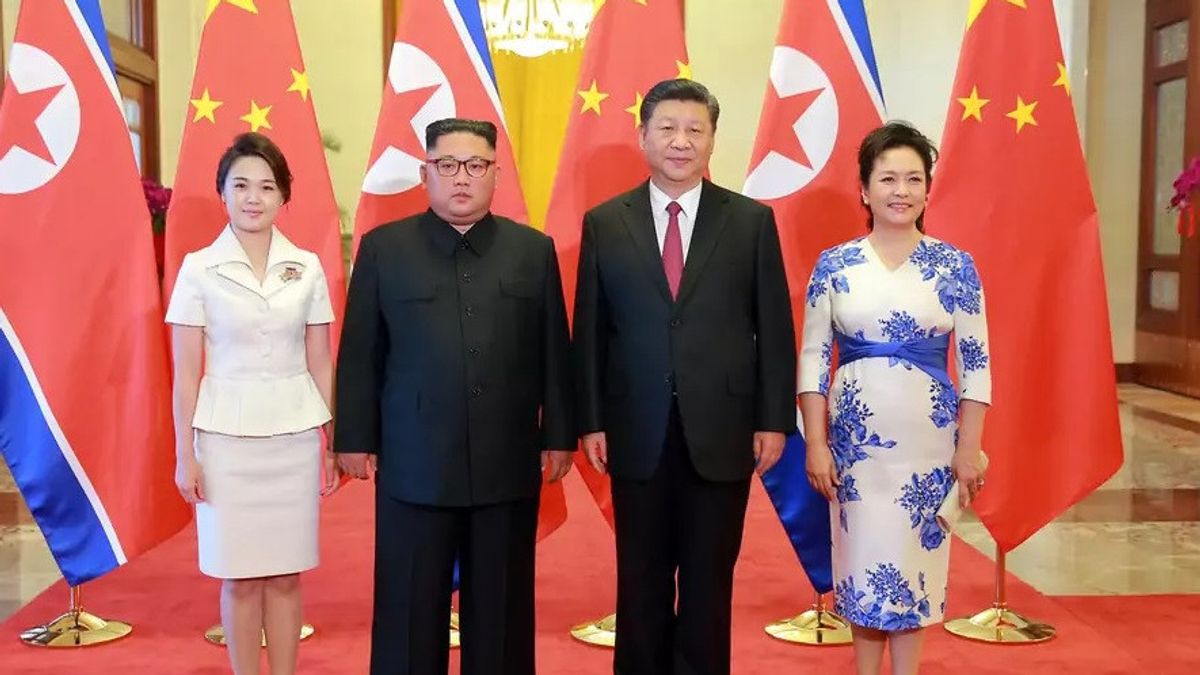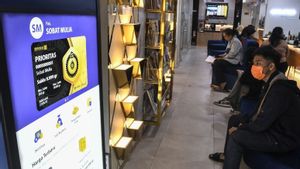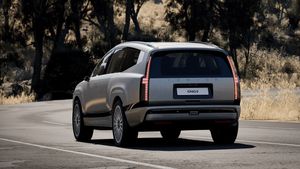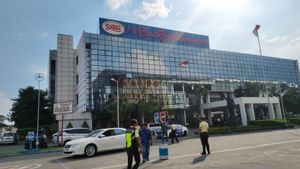JAKARTA - North Korea may delay its next nuclear weapons test for several months, until the end of the Chinese Communist Party's National Congress, the country's most important event in years, experts said Friday.
North Korea has completed preparations for its seventh nuclear test, intelligence reports show. But Pyongyang has taken no action for months.
Experts say China is most likely the reason behind the delay, as Pyongyang's test will inevitably distract the world from important political events and possibly lead to the scenario of President Xi Jinping securing a third term in office.
In a speech Wednesday on the 69th anniversary of the end of the Korean War (1950-53), North Korean leader Kim Jong-un honored Chinese soldiers who "shed their blood with our military" in the conflict against South Korea and UN Command.
"All of North Korea's past nuclear weapons tests were carried out either in isolation, including from its allies such as China, or there was a technical and political need," Hong Min, a senior research fellow at the Korea Institute for National Unification, told The Korea Times, as quoted by The Korea Times. July 30.
"After mentioning China's military contribution in the war, Kim paid homage to the Chinese army the next day at a monument that symbolizes the alliance between the two countries. North Korea must be thinking about how its nuclear test will affect relations, especially ahead of an important event for Xi," he said.
In the speech, Kim said his armed forces are fully prepared to respond to any crisis, threatening to "annihilate" Yoon Suk-yeol's government and South Korean military. But there was no suggestion that he would plan a nuclear weapons test, Hong said.
“Throughout his message, Kim took a passive and defensive stance. It is possible that North Korea will respond militarily when South Korea and the US conduct their joint exercises in August. But it would be like launching a short-range missile, nothing else, a nuclear test," he added.

The worst-case scenario for Beijing, especially before a party congress expected to be held in September or October, gives Seoul a reason to justify its move to install an additional US anti-ballistic missile defense system, known simply as THAAD, on its soil, Cheong Seong-chang said. , director of the Center for North Korean Studies at the Sejong Institute, a think tank. It was one of Yoon's main campaign promises.
"In the past, China stopped operating its oil pipeline to North Korea (saying 'it needs fixing') as a way of putting pressure on Pyongyang. Today, Beijing has one more effective course of action: their cross-border freight train service, which has been suspended due to COVID-19," he said.
"Without the resources that come from that line, many of North Korea's major projects this year, including the construction of apartment buildings, will be disrupted. Beijing won't think they can completely halt North Korea's nuclear test plans, but it has plenty of cards to put it off. ( until after the party congress)."
It is known that Pyongyang-Beijing relations remained at a low point after Kim came to power in late 2011. Four of North Korea's six total nuclear weapons tests so far have been conducted under his supervision (2013, twice in 2016, and in 2017). In signs of rapprochement, Leader Kim and President Xi held five summits in 2018 and 2019. The 2017 test was the latest in North Korea.
The English, Chinese, Japanese, Arabic, and French versions are automatically generated by the AI. So there may still be inaccuracies in translating, please always see Indonesian as our main language. (system supported by DigitalSiber.id)









